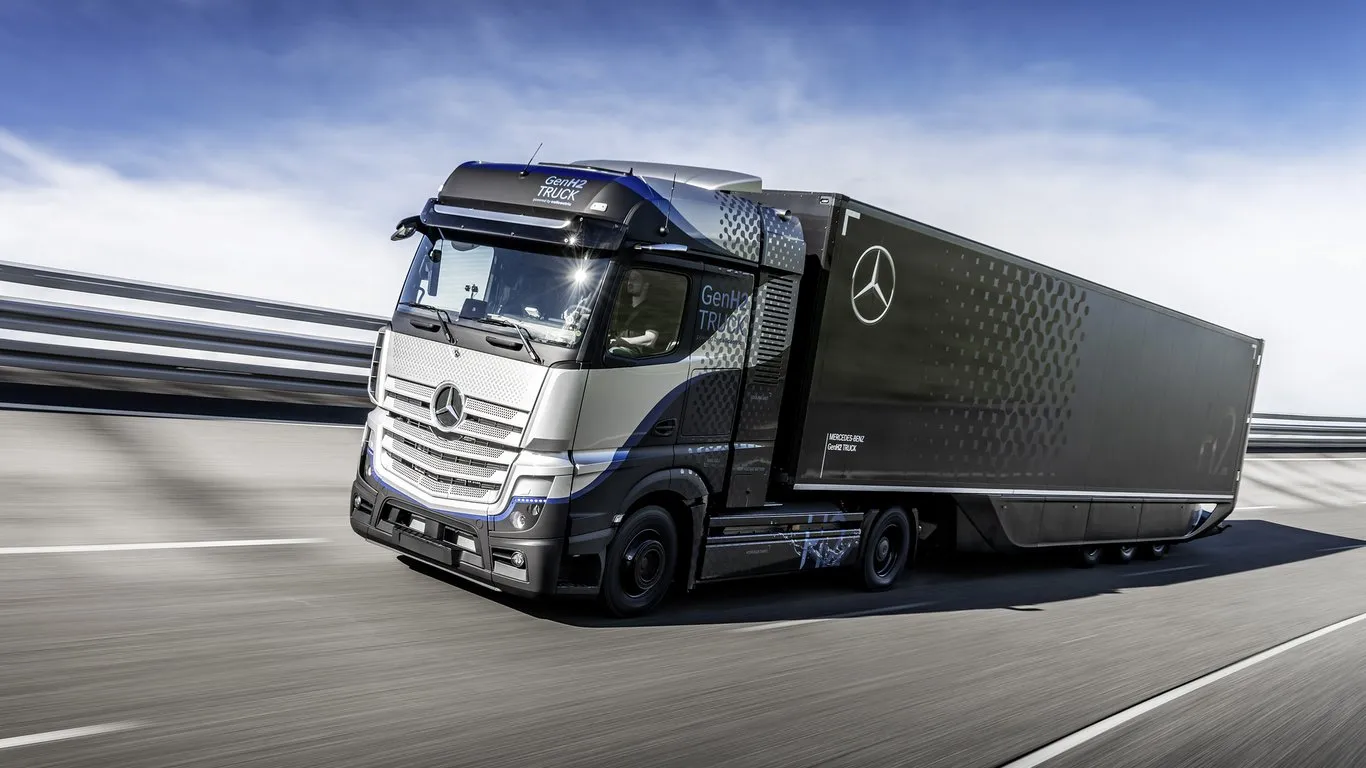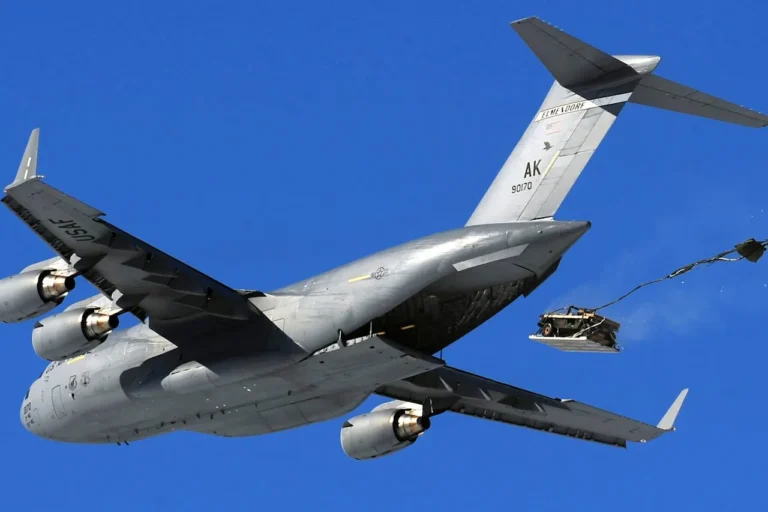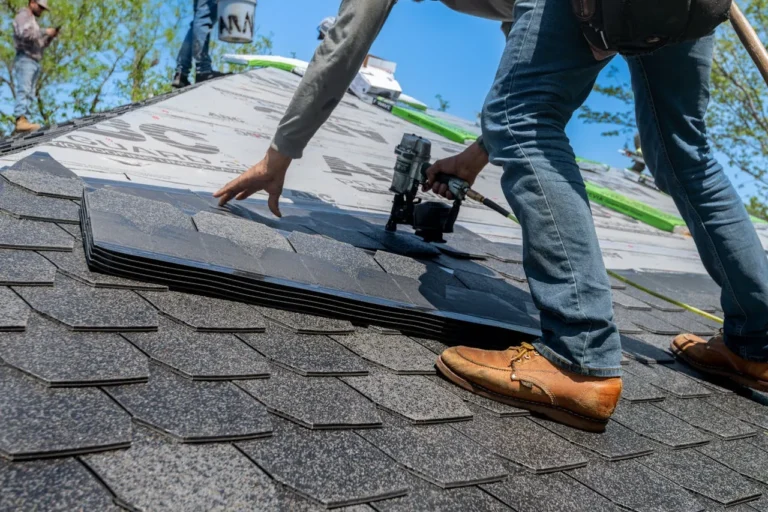
Federal Ministers Visit Daimler Truck’s Wörth Plant to Discuss Future of Emission-Free Transport
The transformation of the commercial vehicle industry took center stage today as Carsten Schneider, Federal Minister for the Environment, Climate Action, Nature Conservation and Nuclear Safety, and Alexander Schweitzer, Minister-President of Rhineland-Palatinate, visited the Daimler Truck Mercedes-Benz plant in Wörth am Rhein. The high-profile visit underscored the growing importance of zero-emission trucks in shaping the future of transport and highlighted the ongoing industrial transformation in Germany.
The agenda included a comprehensive tour of the production facilities, discussions about the transition to emission-free transport and the development of nationwide charging infrastructure, and a stop at Daimler Truck’s development and testing center located at the site.
Hands-On Experience with the eActros 600
The ministers were accompanied by Achim Puchert, CEO of Mercedes-Benz Trucks, who guided them through the A-series production facility. This is where Daimler Truck’s flagship battery-electric truck, the Mercedes-Benz eActros 600, is manufactured in series for long-distance transport.
During the factory walk-through, Schneider and Schweitzer received close-up insights into the assembly process of the next-generation trucks. They interacted with experts on the e-truck assembly line and even participated in the installation of a battery in an eActros 600—one of the final steps in the vehicle’s production. This symbolic act underscored political and industry cooperation in accelerating the adoption of sustainable transport solutions.
The tour concluded with a test drive of the eActros 600, followed by a visit to the site’s testing facilities. Of special interest was Daimler Truck’s first liquid hydrogen filling station for fuel cell trucks, a milestone in developing hydrogen-powered commercial vehicles.
Industry Transformation and Political Support
Achim Puchert emphasized that the visit illustrated how crucial collaboration between industry and policymakers will be in achieving the transition to climate-neutral mobility.
“Our Mercedes-Benz plant in Wörth shows how the transformation of the commercial vehicle sector can succeed in Germany,” Puchert said. “Thanks to our flexible production strategy, we can adapt quickly to changing market demand. On a single assembly line, we now manufacture both combustion-engine trucks and battery-electric vehicles like the eActros 600. But for electric mobility to truly succeed, innovative production is not enough—clear political support is needed, particularly in building a nationwide charging network and in offering targeted incentives for customers.”
Federal Environment Minister Carsten Schneider echoed this view, stressing the rapid progress made in electric truck development.
“Just a few years ago, few would have believed that heavy trucks could travel such long distances on electric power. Today we see that it is not only possible but already practical,” Schneider said. “The challenge now is to ensure that the investment pays off for transport companies. This is increasingly the case when trucks can be charged with solar power directly at depots or when long-distance travel benefits from climate toll discounts.”
Minister-President Alexander Schweitzer highlighted Daimler Truck’s significant role in the regional economy and its contribution to industrial transformation.
“With its plant in Wörth, Daimler Truck is more than just the second-largest employer in Rhineland-Palatinate—it is a driver of the industrial shift to sustainable mobility,” Schweitzer noted. “Our government is committed to ensuring the best conditions for industrial innovation and economic strength in the state through active support and promotion.”
Spotlight on the eActros 600
The Mercedes-Benz eActros 600, which entered series production in late November 2024 and has been delivered to customers since December, represents Daimler Truck’s electric flagship for long-haul transport. It has already proven its capabilities in real-world trials, including the European Testing Tour 2024—a 15,000-kilometer journey across 22 countries—and the Winter Testing Tour 2025 through Northern Europe with a full 40-ton trailer load. The truck has since been awarded the International Truck of the Year 2025, a recognition of its innovative technology, including its in-house developed electric drive axle and advanced LFP battery technology.
With a battery capacity exceeding 600 kWh, the eActros 600 achieves a reliable range of 500 kilometers without intermediate charging under real operating conditions. Thanks to its design, it can exceed 1,000 kilometers per day when recharged during mandatory driver breaks, provided that charging infrastructure is in place.
Hydrogen: A Key Complement to Electric
In addition to battery-electric trucks, Daimler Truck is investing in hydrogen-powered vehicles as a complementary solution for decarbonizing freight transport. Five transport companies are currently testing the Mercedes-Benz GenH2 Truck prototype, while a small production series of 100 hydrogen-powered trucks is scheduled for 2026. These vehicles will be powered by fuel cells supplied by cellcentric, a joint venture between Daimler Truck and Volvo Group, which is also building one of Europe’s largest fuel cell production plants in Baden-Württemberg.
While the rollout of hydrogen fueling infrastructure remains slow, Daimler Truck expects large-scale industrialization of fuel cell trucks in the early 2030s, with Europe as the primary market focus.
The Wörth Plant – A Hub of Transformation
Founded in 1963, the Mercedes-Benz plant in Wörth am Rhein has produced more than 4.4 million trucks, making it the largest truck assembly site in the Mercedes-Benz Trucks network. Today, it produces the Actros, Arocs, and Atego series as well as the Econic, Unimog, and Zetros special trucks.
The plant has steadily integrated electric vehicles into its portfolio: series production of the eActros 300/400 began in 2021, followed by the eEconic in 2022, and most recently the eActros 600 in 2024. The Wörth site now stands as a showcase of Daimler Truck’s flexible production strategy and Germany’s capacity to remain a leader in sustainable transport manufacturing.
With today’s ministerial visit, the message was clear: the transition to emission-free transport is no longer a distant goal but a present-day reality, powered by innovation, industrial transformation, and political collaboration.




